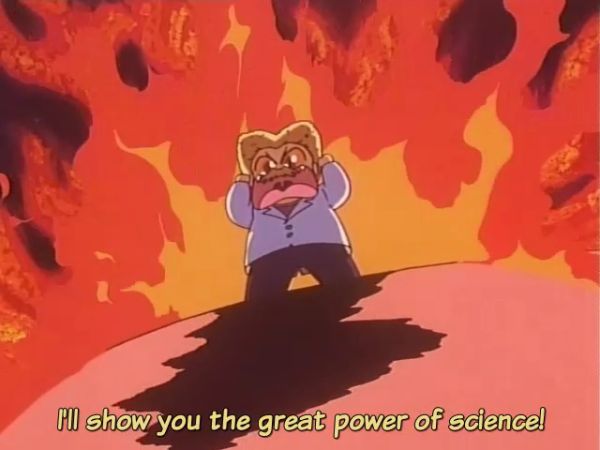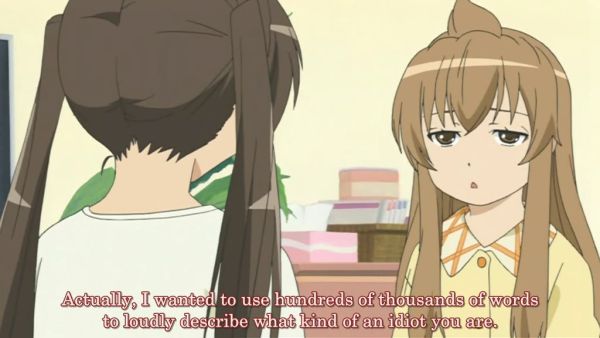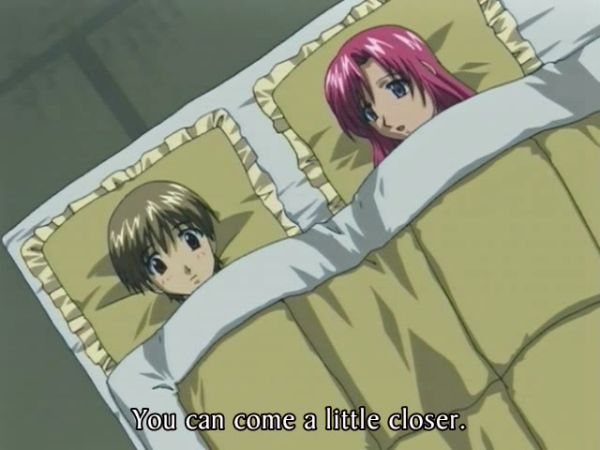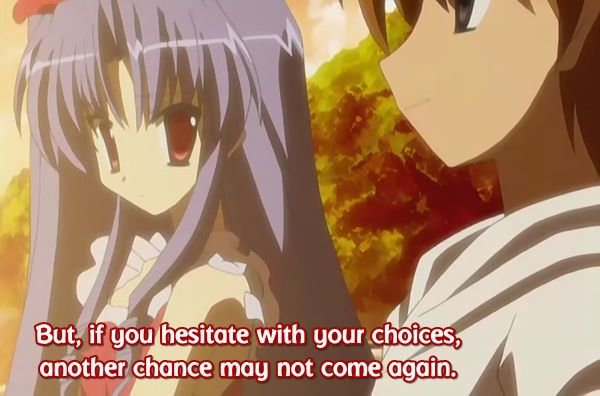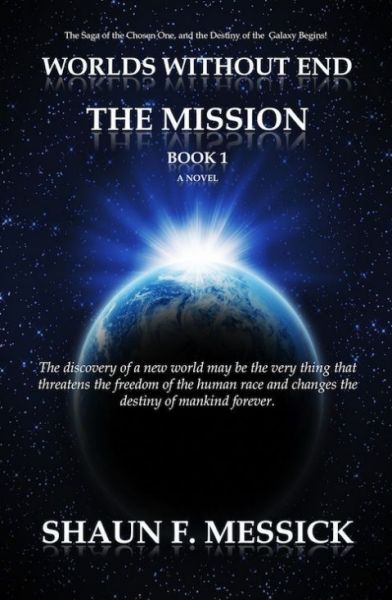
It will work if I pray to God! That’s a big if, though. I mean really pray, not recite a wish list. Most people probably don’t even know what this “mystical prayer” is which really works, really changes people. So it is twice ironic that I still shrink back from it. But I do, most of the time.
Well, the recent entries should be enough fluff to convince even the casual observer that I am not the next St John of the Cross. So let me briefly return to the more interesting topic of prayer and the inner life, this time illuminated by the autobiography of St Teresa of Avila.
It was eerie to read her many-sided attempts to describe the first and second stage of “mystical prayer”, and realize that she was putting into words what I had not been able to express accurately myself. I have mentioned occasionally that “I was taught meditation directly by God”, something I found strange and  nearly unique. That may not be the case at all. Rather, this seems to have been a fairly natural thing in the time of St Teresa. (What I and most people today call meditation is closer to what the saints call contemplation. The two words seem to have swapped meaning since then.)
The saint expresses her sincere hope that she was the only person who, having experienced the sweetness and consolation of the second stage of mystical prayer, still fell back into an idle and lukewarm spiritual life for many years. Unfortunately, she was not heard in this prayer, for the same thing happened to me, only more so – deeper and for longer. Then again she was purer from the outset, and all the way. Some of this may be ascribed to the difference between men and women as concerns the nature of their temptations, but even adjusted for this, she was definitely a purer person even as a child, as a youth, and throughout the desert years before her great awakening nearer to the middle of her life. Well, saints will be saints, I guess.
But despite never having been a saint (except in the generic sense that the word is used about all Christians, and even then only under doubt), I still recognized her description so far as to this second stage. In it, the will is taken into a lock or embrace (my words, not hers) so that one does not particularly want to pray or stop praying, but one is just there and the experience of much stronger than usual heavenly presence happens while one is there. The activity of memory, imagination and understanding is as if on the outside, words and thoughts seeming superficial and irrelevant, not even worth suppressing… anyway, you should read St Teresa, she explains it much better.
Many arrive at this stage, says the saint, but few proceed further. And I am certainly not one of those few. When she moves on to write about the third stage, it is utterly unfamiliar to me. I may have seen it as from afar, but I have no experience with it, of that I am pretty sure. She writes so clearly that I should have recognized it. But no. I may as well stop reading right there, for from now on we are in spoiler territory, secrets unknown to me.
And no wonder. I have been wandering far astray, it seems now. And still am, if perhaps now partly from habit.
I see it now as if I was thrown a lifeline when I happened across Fr Dubay’s book on the two great Carmelite saints and their teaching on prayer, Fire Within. Despite a general awareness of imperfection, I was fairly OK with my prayer life. After all, I experienced (and still do, thankfully) the presence of God or some fully authorized representative, day and night, even when I least deserve it. It did not occur to me that God being present to me might be less important than me being present to God.
(By using the word “God” here rather than my common phrase, the Light, I seek to stress the personal aspect of this relationship. Also this usage is closer to that of the saints and their biographers. I am however aware that the word “God” is very saturated today, and often in an unfortunate way, as people have their concept of God from newspaper cartoons and similar misleading sources. Perhaps I should adopt St Teresa’s favorite phrase, “His Majesty”, to express the personal aspect? Or the Jewish “King of the Universe”? Perhaps “All-Father”?)
Anyway! Even now, knowing better, I find it hard to prioritize “actual prayer” (or “focused prayer”, as opposed to “continual prayer” which is, I guess, best described as “non-exclusive”. Wherever one is and whatever one does (at least within a wide range), one can be aware of the Divine presence and communicate accordingly; but that is like being at a party together with your Beloved – it is a very different thing from being together two-alone! That last one is what I mean by “actual prayer”. Get a room!)
If I sought literally first God’s Kingdom and His righteousness, then I would be very quick to spend time apart from other things, alone in the beams of the Light, seeking to learn there the Truth as it concerns me, and let the Light burn away what is not compatible with itself. But rather than first, it seems to be “seventh and last” as we say in Norway. Even idle amusements slip past before the one thing necessary.
There is a saying that “Hell is the absence of God”, and that is certainly how it felt to me as well, for the brief times I have experienced such an absence. But to my sinful inclinations, and my lower nature in general, it would almost seem like Hell is the presence of God, the way my mind squirms and wriggles to get away from the more concentrated form of it.
So that is why I hesitate to read any further. I am not at this time one of those who can benefit from it, but rather from rereading and reflecting on what concerns me right now.
I don’t mean to be all depressive here. In fact, I don’t feel that way. I have been unreasonably blessed despite not deserving it. But there are also blessings even much greater, not only for myself but which could have brought happiness to many, that I not only don’t deserve (that doesn’t seem to stop the Heavenly Brother) but that I am not even capable of receiving, much like someone who is still crawling does not have the hands free to carry something, no matter how freely it is given.
